FREE UK Delivery £25+
FREE UK Delivery £25+
Blog
about us
account
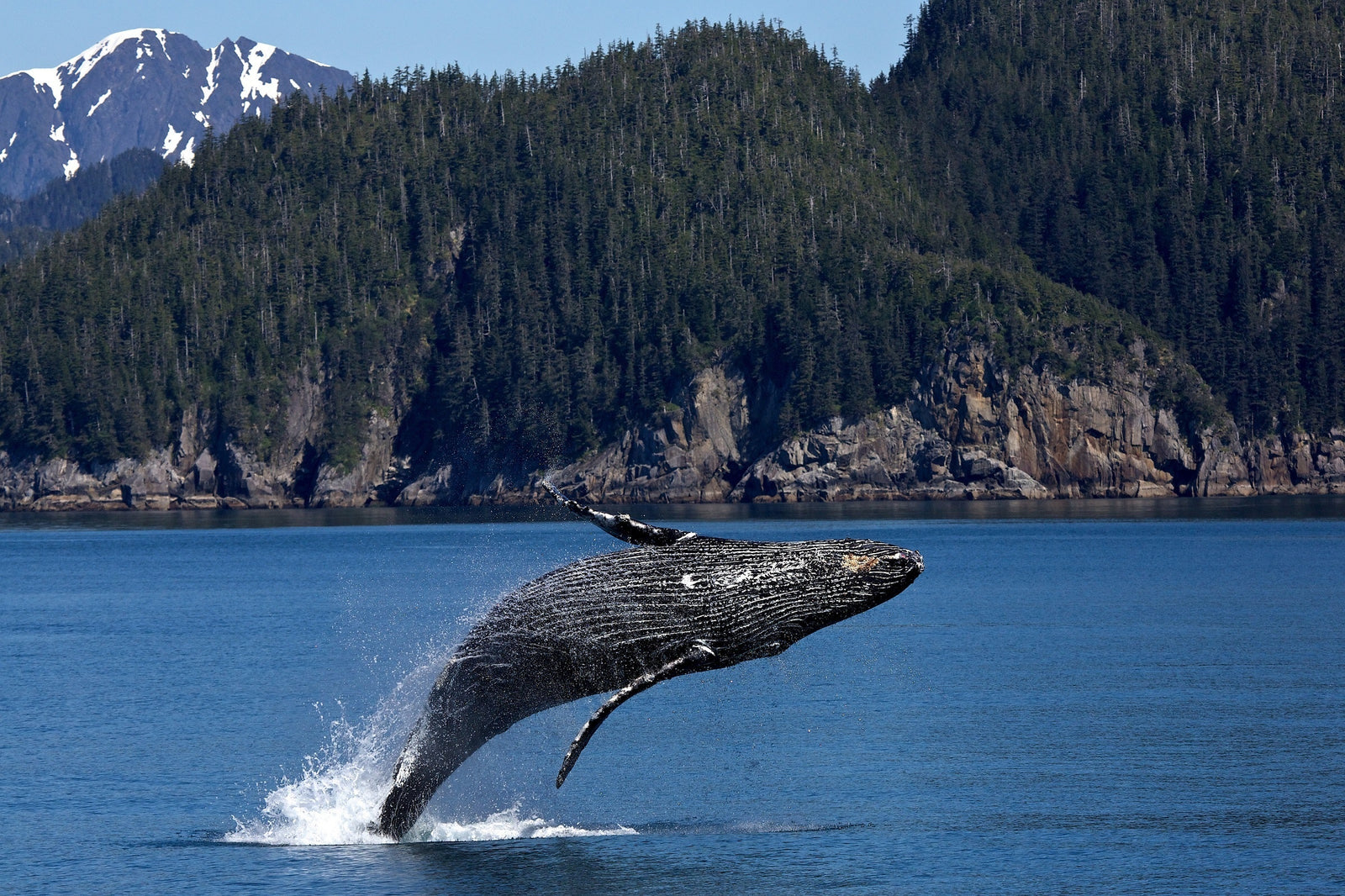
5 Ocean Friendly Clothing Brands To Check Out This Month
June 21, 2021 6 min read 1 Comment
When we think of businesses that pollute our planet and oceans, we usually think of big oil companies and coal mines pumping out massive amounts of smog, but the fashion industry is actually one of the most polluting industries on our planet.
In the process of making clothes, plastic additives, such as dyes, fire retardants, and antioxidants, and fabric dyeing treatments leak, or dump, dangerous chemicals into our oceans, harming marine wildlife.
Here are 5 facts about sustainable fashion to think about if you care about the planet:
- The fashion industry accounts for 8% of the world’s greenhouse gas emissions, this makes it the 3rd most polluting industry on the planet.
- The fashion industry produces around 1.2 billion tonnes of carbon dioxide per year— that is more than both international airlines and maritime shipping combined.
- One single pair of jeans can take as much as 20,000 litres of water to produce.
- Less than 1% of fashion materials are recycled into new clothing at the end of their life cycle.
- The fashion industry is expected to use 35 percent more land by 2030. That’s 115 million hectares more than they already use. This could be used for natural ecosystems or crops for an expanding population.
In the spirit of world oceans month, read on to discover your next sustainable fashion find.
Vivobarefoot
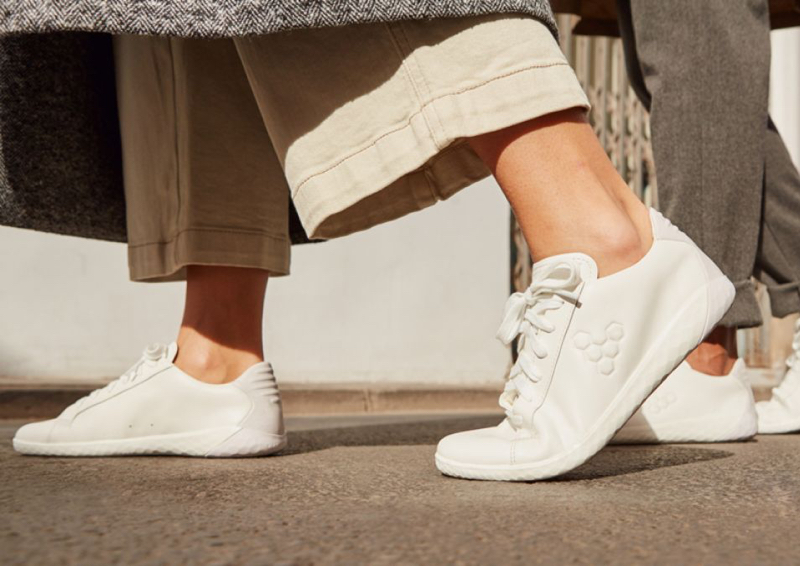
Founded in 2012 by two seventh-generation cobblers, Galahad and Asher Clark, Vivobarefoot is based on one simple insight - barefoot footwear is sustainable footwear. In addition, Vivo is B Corporation certified, which means it meets the highest verified standards of social and environmental performance, transparency and accountability.
Why barefoot shoes? The human foot, when left to its own devices, can thrive doing anything from walking and running, to jumping and dancing, but by cramming it into the modern shoe, narrow, rigid, cushioned, and angled, we are negating our feet’s natural strength and function.
Vivo believes our feet are our foundation connecting us to the earth, and that should not be compromised. All Vivobarefoot footwear is designed to be wide, thin and flexible: as close to barefoot as possible. They promote your foot's natural strength and movement. Allowing you to feel the ground beneath your feet.
These shoes reconnect you to the world around you, literally bringing you closer to nature.
If the price tag of a Vivobarefoot shoe puts you off this life-changing experience, then ReVivo may be what you’re looking for. ReVivo is an ideal way to purchase pre-loved, ReConditioned Vivos at a lower price, as well as some returned footwear and unsold stock from previous seasons.
Shop Vivobarefoot and Revivo today.
Rapanui

When Mart was 5, he was worried about waste. Together with his brother Rob, they started a brand in the garden shed with a mission to solve it. Today, the whole team continues that work.
Rapanui products are made from natural materials, using renewable energy, and everything they make is designed from the start to be sent back when it is worn out, they then make new products from the materials they recover. All t-shirts are produced in real-time, in the seconds after they are ordered, in their factory on the Isle of Wight.
“Instead of making waste, we make new products from it. It's a circular supply chain.”
With 100 billion items of clothing being bought each year, and with 3 out of 5 tees bought today thrown away within 12 months, we’re creating a dump truck of clothing going to landfill every second. If you want to help make a difference, shopping at Rapanui is a great step.
To continue with their social development, Rapanui has also been building a platform so that anyone in the world has access to their supply chain and tech. It's called Teemill, and it's free. Anyone can use their systems and tech to start their own brand, build their own store, and connect automatically to their real-time production facilities.
Rapanui is constantly growing, and we are excited to see what the future holds for them.
Shop Rapanui now.
Finisterre

Born over a decade ago from the needs of hardy British surfers, Finisterre designs functional and sustainable products for those that share a love of the sea.
Beginning in a flat above a surf shop, they started with an innovative fleece that was designed to keep out chill winds and warm up cold bodies. Now, from their clifftop workshop in St. Agnes, Finistere stays true to their original design ethos of functionality and sustainability, brought to life in an understated style and identity, always remaining committed to product, environment and people.
Sharing their first B Corporation positive report in 2020, Finisterre works with communities to enable better access to the sea, create partnerships for ocean conservation, and they constantly champion wider change.
From dresses, tops and t-shirts, shorts and dungarees, to sweatshirts, jackets, and swimwear, you can create an ethical wardrobe with no compromises and no single-use plastics. Using innovative marine safe garment bags and unbleached kraft pulp mailbags, Finisterre’s sustainable packaging is pretty robust too.
Waterhaul

Waterhaul is a social enterprise making eyewear, based in Cornwall, England, they intercept plastic from our oceans and transform it into high-quality, functional products for adventure and symbols for change. Believing that “waste is simply a misallocated resource”, they value ocean plastic as unique material which tells a story.
The most harmful plastics in our oceans are fishing-related debris, due to their tendency to entangle marine life and damage seabed habitats, such as kelp beds and coral reefs. Waterhaul tells us:
“In a phenomenon known as ‘ghost fishing’, the entangled carcasses of trapped marine life will attract more species, resulting in further potential entanglements. As these discarded nets are produced from plastic, they will not degrade, persisting in the ocean to catch and kill marine life indefinitely.”
Turning the problem on its head, Waterhaul takes all the all of the properties which make discarded fishing gear such a problem; its abundance, its strength and durability, and its propensity to harm, and combine it to make it both an excellent resource as a material and a priority target to intercept from the ocean.
Their frames are produced entirely from 100% recycled fishing nets, without the addition of virgin plastics or chemicals. Glazing, the process of cutting and fitting the lens, and the finishing of the frame is done by hand and takes place in Cornwall.
If you’re looking for utterly unique but harm-free eyewear, then Waterhaul will be right for you.
Patagonia
Yvon Chouinard, a mountain climber, surfer, and environmentalist, founded Patagonia in 1973, providing customers with a range of designer outdoor clothing, from sports and surfing to fish flying and mountain biking.
Patagonia’s current core values reflect those of a business started by a band of climbers and surfers. Their criteria for their product rests on function, repairability, and, foremost, durability, making the best product matters for saving the planet.
They know their business activity—from lighting their stores to dyeing shirts—is part of the problem, they work to change their business practices and share what they’ve learnt with the wider community. Recognising that this is not enough, they seek not only to do less harm but more good.
Patagonia also uses their business and funds to protect nature, stating:
“The challenges we face as a society require leadership. Once we identify a problem, we act. We embrace risk and act to protect and restore the stability, integrity and beauty of the web of life.”
You can also go on their website to discover exactly how your clothes are made, promoting transparency to companies everywhere.
These amazing brands are taking a stand and are choosing eco-friendly production methods, from low-impact dying to pesticide-free organic cotton for a better blue planet for us all.
Do you know about other ocean and environmentally friendly appeal brands? Do let us know down in the comments below or over on Instagram. You can also check out our blog post to on Our Favourite Sustainable Pick-Me Brands so you have an idea of me-time friendly vegan brands.
If you're looking for ocean-friendly supplements that won't harm the health of our planet, then check out Omvits, a clean, ethical and plant-based vitamin and mineral company.
1 Response
Leave a comment
Comments will be approved before showing up.
Also in The Omvits Blog
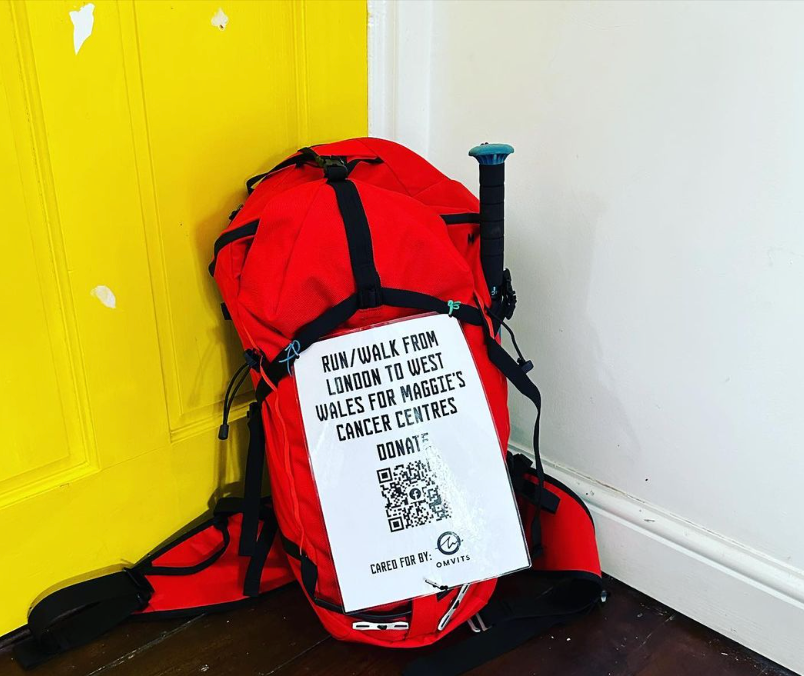
The Power of Running: How a 200 Mile Run to Wales Became a Meaningful Journey for a Great Cause
May 03, 2023 3 min read
We interviewed Andrew Thomas, who was preparing for a 200-mile marathon from London to Wales to raise funds for Maggie's Cancer. Read the article to know more about his adventure!
Subscribe
Sign up to get the latest on sales, new releases and more …
Recent Articles
-
The Power of Running: How a 200 Mile Run to Wales Became a Meaningful Journey for a Great Cause
May 03, 2023
-
Sneaky Ingredients To Watch Out For If You're Vegan
January 11, 2022
-
How To Do Veganuary If You’re On A Super Tight Budget
January 11, 2022
-
How To Satisfy Meat & Fish Cravings During Veganuary
January 11, 2022
-
Common Pitfalls Of Veganuary And How To Avoid Them
January 11, 2022
-
Simple Nutrition Advice For Veganuary And Beyond
January 11, 2022
-
Best Vegan Meat Alternatives To Try This Veganuary
January 11, 2022
-
5 Ocean Friendly Clothing Brands To Check Out This Month
June 21, 2021
-
12 Incredible Ocean Conservationists To Support This June
June 16, 2021
-
How To Do Something For World Ocean Day If You Can't Get To A Beach
June 08, 2021

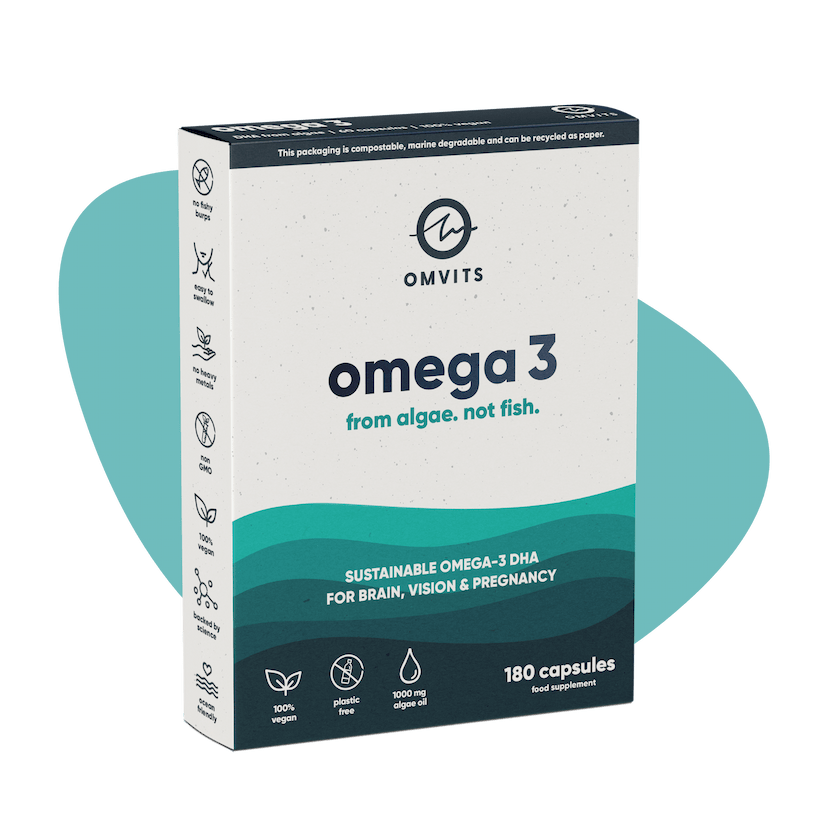
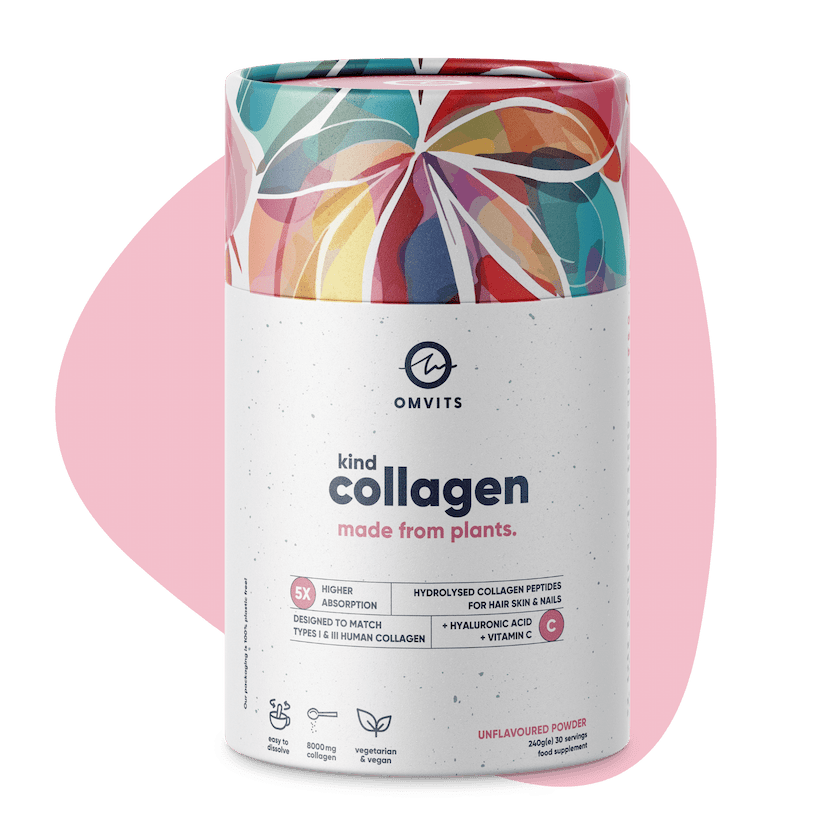
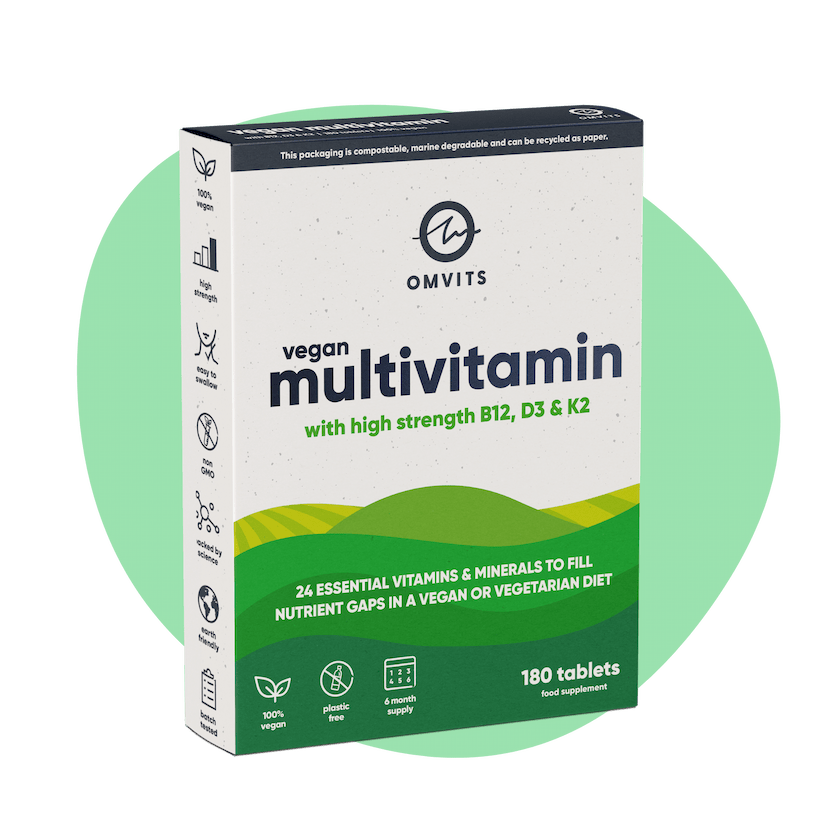
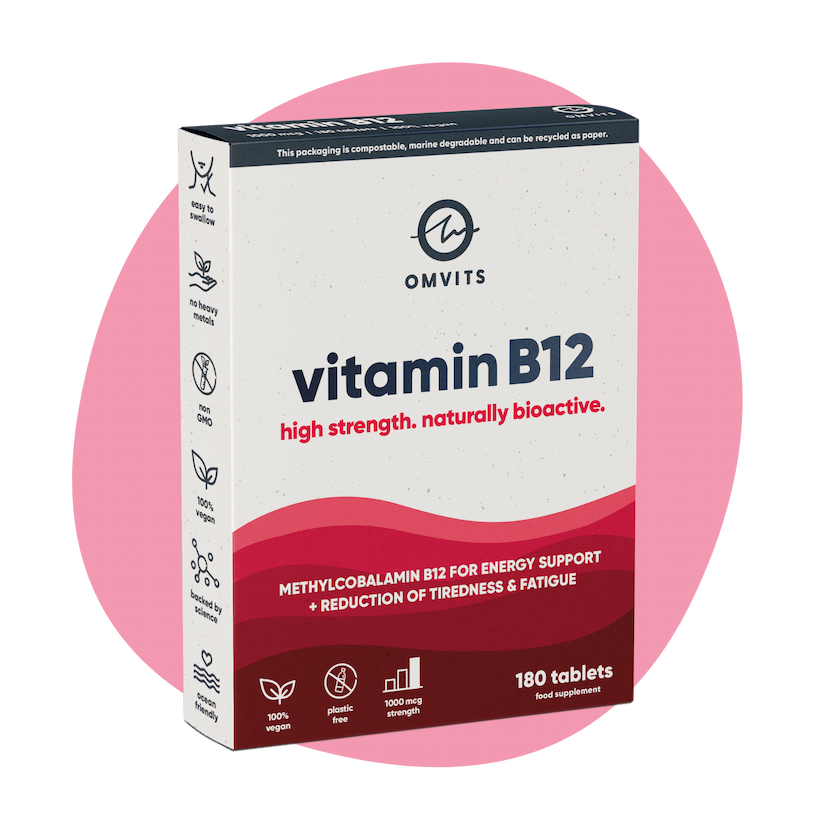


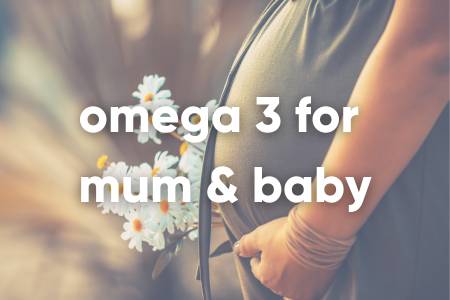
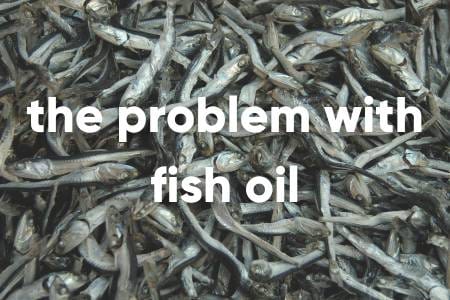
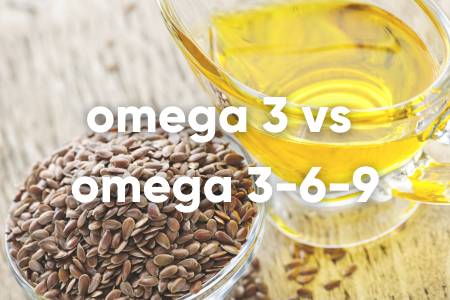
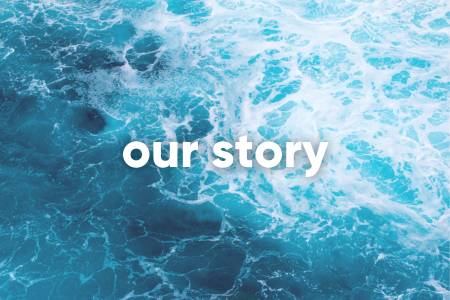
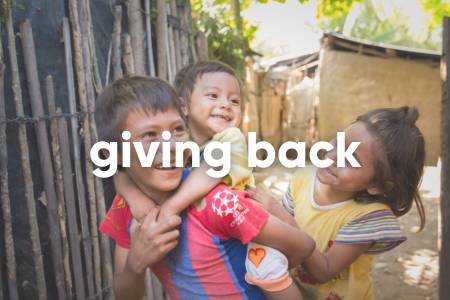




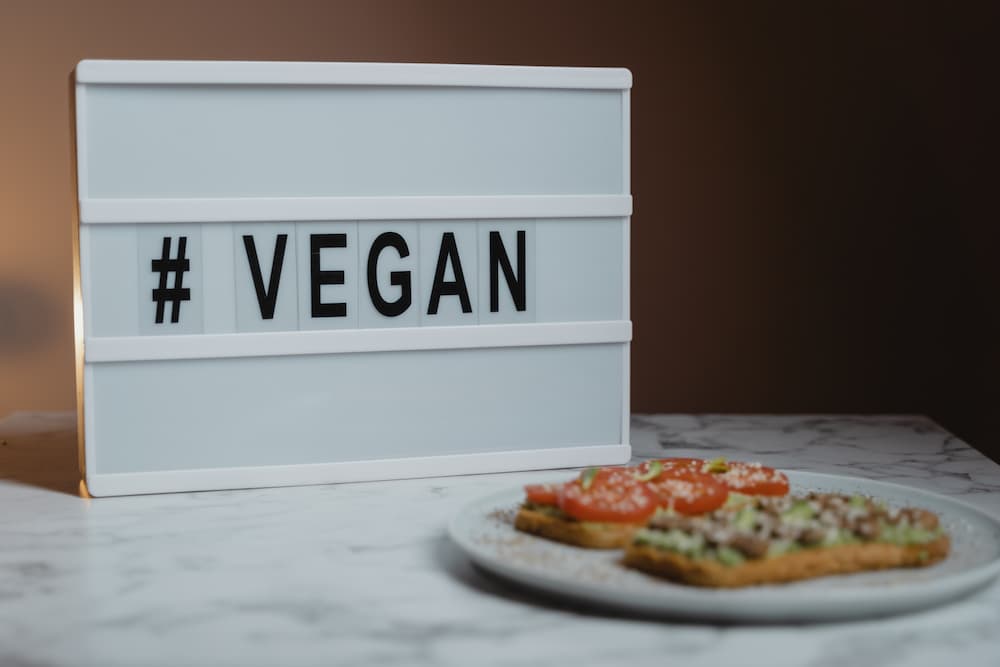

Shirley Leighton
July 15, 2021
I have been buying shoes from Allbirds. They are mostly trainers and running shoes, made from merino wool or tree bark. I wear them all the time. In addition I have bad Raynaud’s disease so permanently cold feet, I find their wool versions much warmer than other shoes.